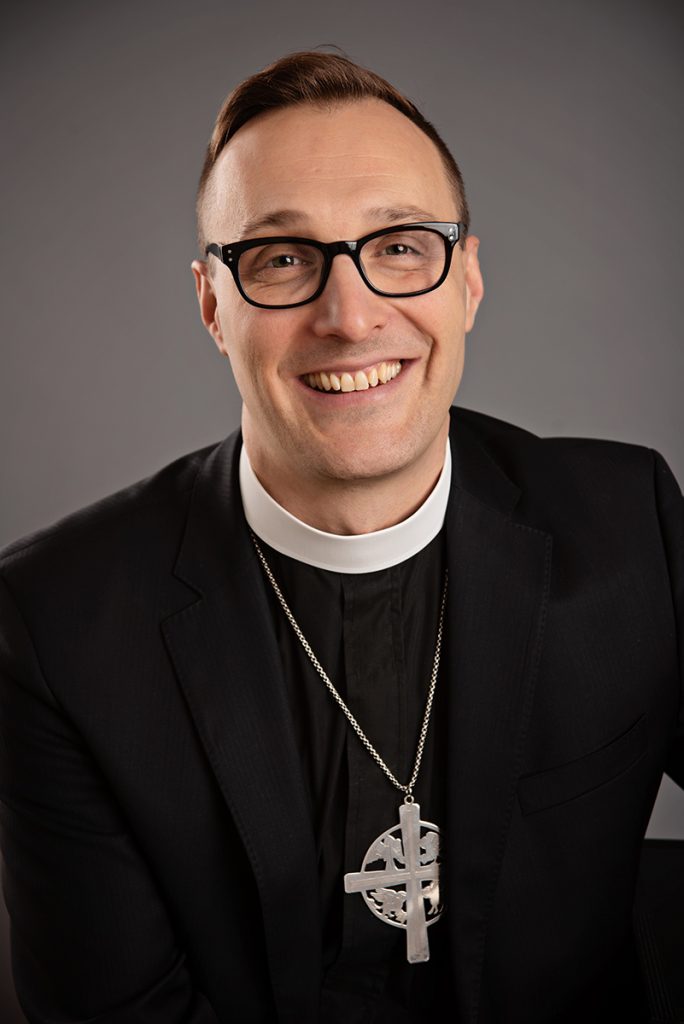Rushing through Christmastide?

by David Haberstock
The end of the year is upon us. Things are speeding up, aren’t they? They’re hastening on, pushing, pushing toward Christmas. But what is pushing us? Christ? His Church? Or is it the pressures of the world? The push to spend, spend, spend, be happy, happy, joy, joy. Shopping, activities. Rush, rush, rush. But be happy as you rush because peace on earth and all that jazz.
The Church already celebrated the start of a new year on November 28, the first Sunday of Advent. But in the Church, things are slower. There are ebbs and flows, tides that come in and out. High points, high feasts, and seasons in between.
For most of us, the end of a year is a time to take stock. Many make New Year’s resolutions, declaring they will change in the new year. But few actually keep them.
In the church, the old habit for Advent was to fast, to reflect on your life, repent, and pray. It wasn’t just a resolution or intention to change. It was a practical habit that actually changed you, bodily and spiritually, helping reset your body’s default settings, especially when cravings, desires, and bad habits have taken hold. For “fasting and bodily preparation are certainly fine outward training,” as the Small Catechism says. And what better way to prepare for the mystery that changed the cosmos than getting back to basics?
This is a fitting beginning to a new year of faith—just as we begin every Divine Service in repentance. That’s why the old colour of Advent was purple for repentance. After all, a time of introspection, slowing down, and meditating on the mystery of the Creator taking on the flesh of His creatures heightens the joy of Christmas.
But the Church recognizes “Christmastide,” not a “holiday season.” And a tide comes in and out slowly, continuously, dependably. Christmastide begins slowly with the season of preparation, Advent. It reaches high tide with the Incarnation of our Lord, which is a twelve-day celebration! Twelve days take some preparation, don’t they? And it ebbs out in the joyful appearances of the Deity come in human flesh in the season of Epiphany.
Christmas is a twelve-day celebration commencing on the Eve of the Christ’s nativity. It does not end on Christmas Day. But in our world, it sure does. We rush on to Boxing Day sales and New Year’s parties. We throw all the torn wrappings in the trash and turn off the Christmas carols, for our world moves on. There is no slow, careful, repentant preparation. There is simply the rush to buy, the rush to make the Christmas “season” as “joyful” as possible, which seems to mean: spend, spend, spend.
But the Church recognizes “Christmastide,” not a “holiday season.” And a tide comes in and out slowly, continuously, dependably. Christmastide begins slowly with the season of preparation, Advent. It reaches high tide with the Incarnation of our Lord, which is a twelve-day celebration! Twelve days take some preparation, don’t they? And it ebbs out in the joyful appearances of the Deity come in human flesh in the season of Epiphany. It is a wonderful rhythm to recognize and live in. In a world that is always changing and moving the goal posts, it is wonderful to have rhythms of life that give shape and meaning to your life, and to reality itself.
The Feast of the Nativity of Our Lord begins at sundown on December 24 (in Genesis 1:5 a “day” is counted from evening) continuing into December 25. He is the light of the world who was born in order to die for us. On December 26, we remember the first martyr who died for his faith in Christ, St. Stephen (Acts 7). On the third day of Christmas (December 27), we honour St. John, Jesus’ beloved disciple (John 20:2), whose “nativity” account (John 1:1-14) is read at dawn on December 25. John is the only one of the Twelve not to die a martyr’s death.
On the 28th, we remember the Holy Innocents who died (Matthew 2:16-18) as the rulers of the world raged against our Lord’s coming (Psalm 2:1). On the fifth day of Christmas (the 29th), we honour David, the great King and ancestor of our Lord. Jesus fulfills the promises given to David (Psalm 89:3b-4).

On the eighth day of His life (Genesis 17:12, January 1) is the Circumcision of Our Lord. It is the first moment our Lord bled for us and the beginning of His fulfilment of the Old Testament, and His filling up all righteousness for us (Matthew 3:15). And many Lutheran churches, especially in Slovakia, welcome the new year with the Lord’s body and blood on their lips marking the Eve of the Circumcision of Our Lord (December 31), with hymns such as those in LSB 896 to 900.
I know many of you love Christmas. But don’t be too eager to rush on into the mayhem of our world’s celebration of it. The mystery of our Lord’s incarnation is nothing to rush through. The world waited for 4,000 years for His coming, and we’ve been waiting for 2,000 years for His coming again. Patience, grasshopper. For you cannot rush the tide as it comes in or goes out. Simply enjoy it.
———————
Rev. David Haberstock is Lutheran Church–Canada (LCC)’s Central Regional Pastor.





